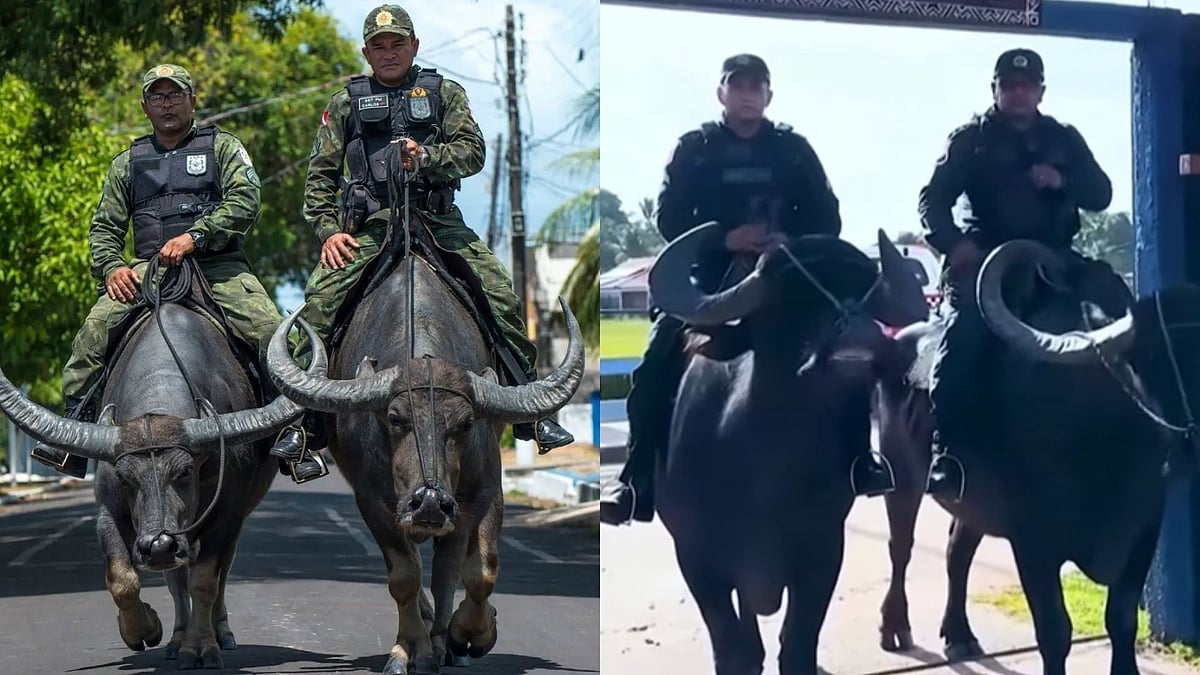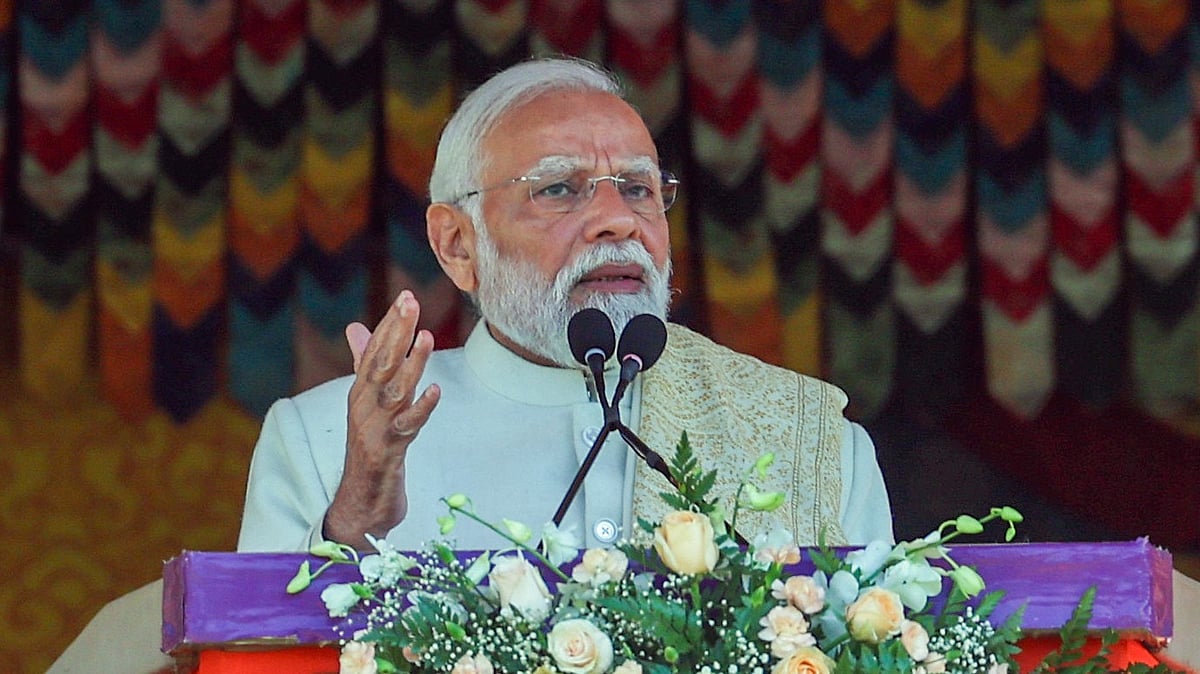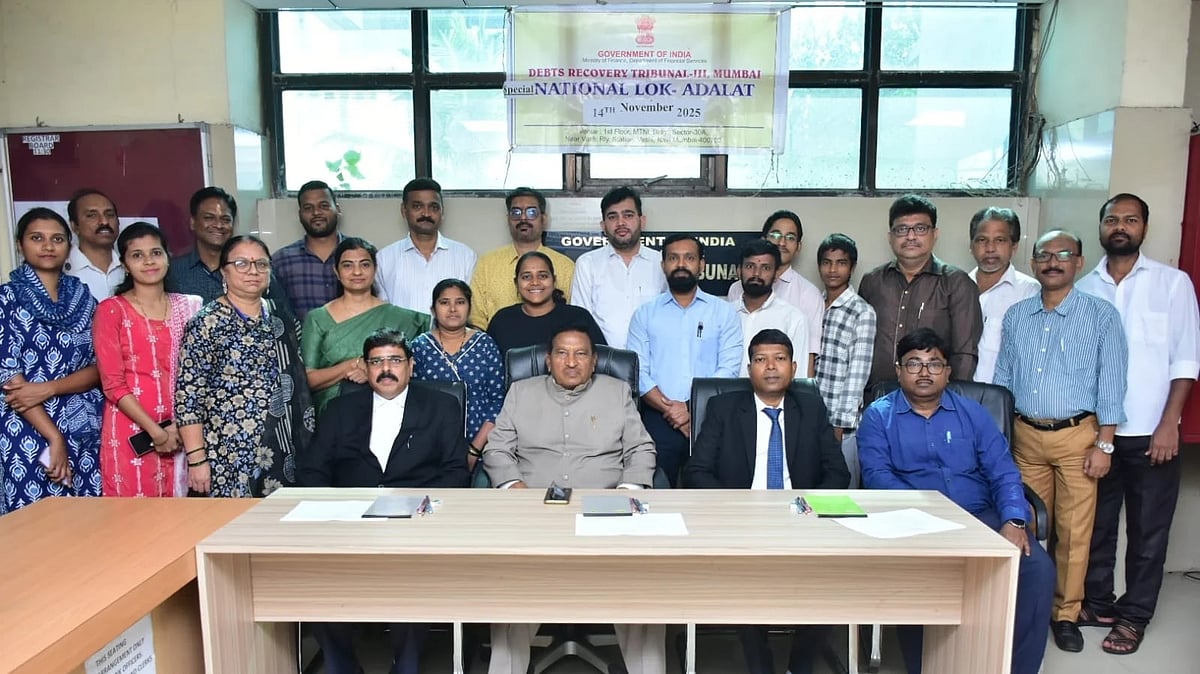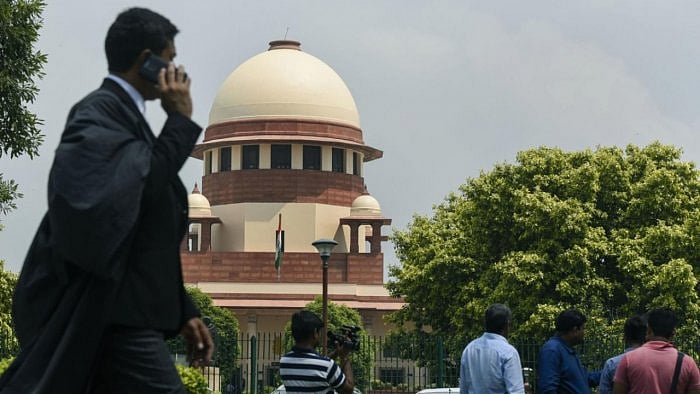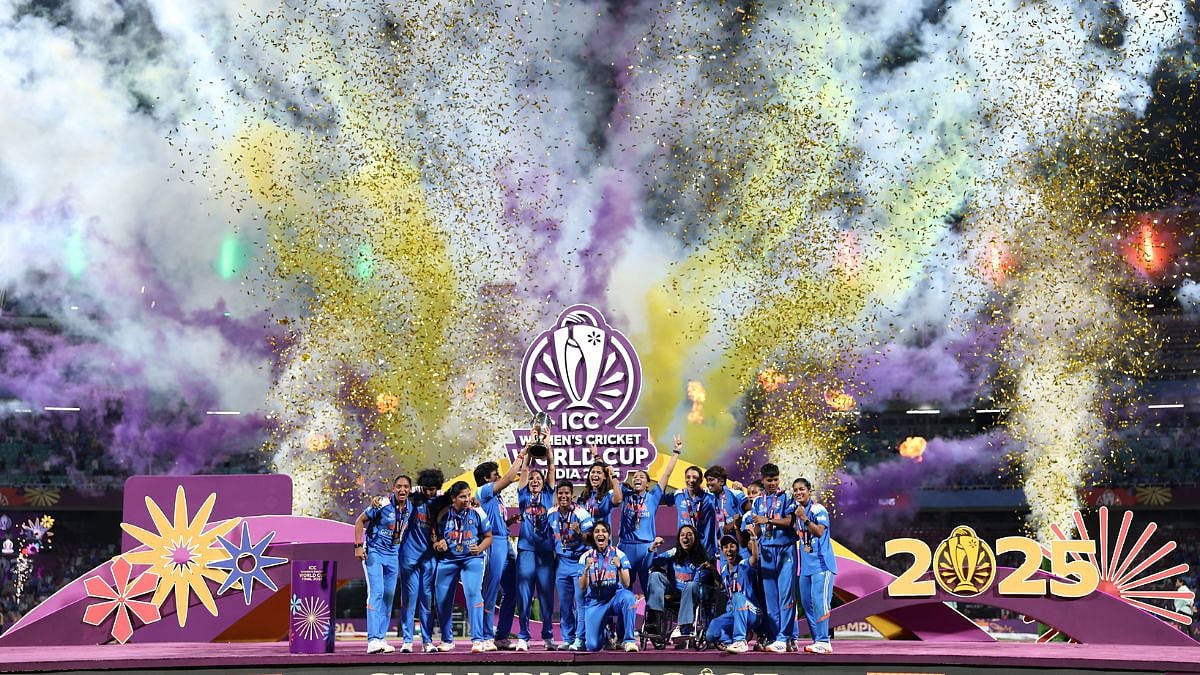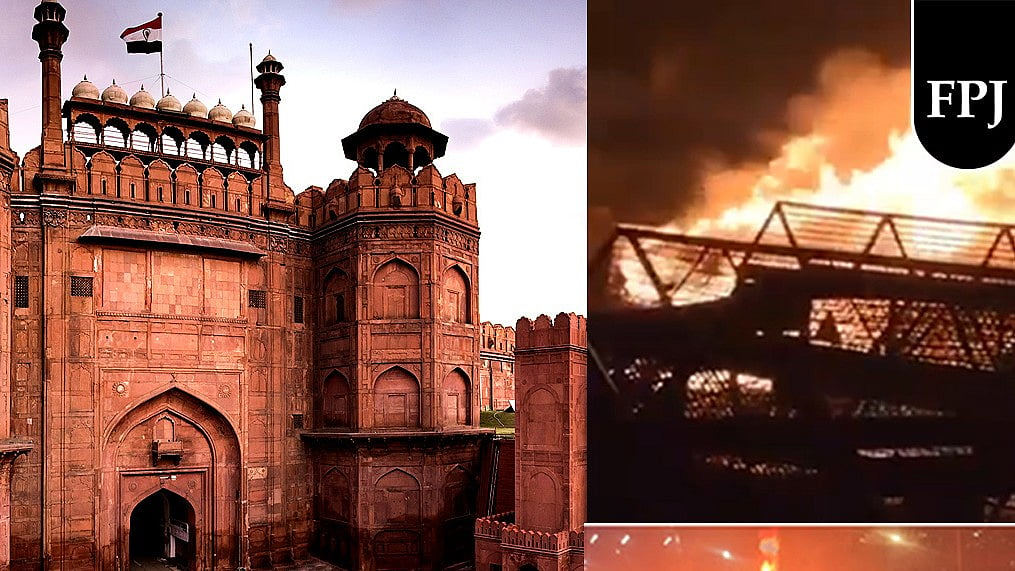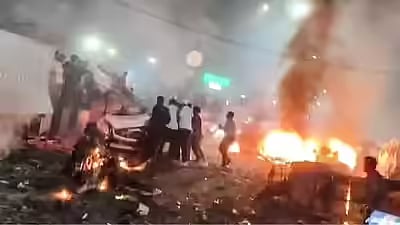The Shiv Sena has ultimately joined the Bharatiya Janata Party-led government in Maharashtra after prolonged bargaining over sharing power. The Sena chief Uddhav Thackeray really found it difficult to pacify his rank and file and explain what motivated the party to forget the sometimes acrimonious, sometimes humiliating process and join the BJP government. While the BJP appears to have given away more cabinet berths it has stayed adamant on refusing to create a deputy chief minister’s post, which the Sena had been demanding. It is common knowledge that the DCM’s post is merely in name, since all important files must obtain clearance from the Chief Minister.
However, this post has created headaches for chief ministers politically, as almost all deputy chief ministers always aspire to occupy the chief minister’s post. This power game started ever since Nasikrao Tirpude was appointed deputy chief minster by then Chief Minister Vasantdada Patil, as the Congress set up a coalition government with the Indira Congress. More recently, even Chief Minister Devendra Fadnavis’ predecessor, Prithviraj Chavan, had tough time dealing with the NCP deputy chief minister, Ajit Pawar. The Congress has appointed Radhakrishna Vikhe Patil as its legislature party leader and he is slated to become Leader of the Opposition, as the Sena has joined the government.
The BJP has successfully used outside support from the NCP chief Sharad Pawar to tame the Sena. The hawks in the ruling party were tamed when the party floor managers in Delhi realised that it was no easy task to ensure the smooth passage of any major bills in the Rajya Sabha without support from NDA partners and the Sena has a big chunk of MPs in the Lok Sabha, as well as in the Rajya Sabha. The party’s support becomes important when the union government thinks in terms of holding joint sessions of both the Houses of Parliament for the passage of major bills.
The BJP also became aware of the sharp criticism it faced on account of outside support from Pawar to the state government. Pawar had not extended the support to the party, but it was tactical support to the state government for survival in the House so that there would be no political crisis in Maharashtra as it happened in Delhi after last December’s elections, where no party was able to form the government. On the part of the Sena, it was all rhetoric and little understanding of ground realities. However, when the BJP began planning to contest all the coming elections for municipal corporations, municipal councils, Zilla Parishads and Panchayat Samitis, it dawned on the Sena stalwarts that it would be a herculean task to retain its hold over the Brihanmumbai Municipal Corporation. In the formation and growth of the Sena, the BMC has remained the main source of financial as well as organisational strength.
With all its rhetoric, had the Sena decided to remain in the opposition, there would have been a near revolt within the party, as its MLAs would have found it difficult to nurse their constituencies and strengthen their base as opposition MLAs. Only if the party were to remain on the right side of power could these MLAs prevail in their constituencies. There were several senior party MLAs who were aspiring to be ministers in the government, since they had no chance to rule for the last 15 years. They were very eager to join the government, rather than discuss whether the party got the DCM’s post or home department. Thankfully, reality trumped over rhetoric — the party would have become vulnerable to poaching, as many party MLAs would have defected to the ruling side. Both, the BJP, as well as the NCP, had their eye on disgruntled elements to strengthen their own base. Just having the largest number of seats in the opposition would not have sufficed for the Sena’s survival. It is difficult for both the Sena and the BJP to win local self-government bodies, since the Congress-NCP still hold smaller constituencies helped by the cooperative power structure.
The Sena, which has now joined the government and obtained the industry, public works department (MSRDC), health, environment and transport ministries, will have to put on a good display and enhance the party’s image. It will have to exert pressure on the BJP to get what it wants to expand its support base. But it will also be insisting that the state government support the demand for a grand memorial for the late Sena chief, Balasaheb Thackeray, in the heart of the city.
In its first term, Balasaheb was the power behind the throne for Sena ministers in the state government. Now it is to be seen how Uddhav handles the Sena ministers. Balasaheb used to be critical of his own ministers and push them for better governance. Uddhav will have to continue with this model.
The BJP was also taken aback by how the Sena adopted a very aggressive stand as an opposition party once its leader Shashikant Shinde took over as Leader of the Opposition. The BJP floor managers realised that only with the Sena on its side would it be smooth sailing through the winter session of the legislature and so it did the needful on the eve of the session.
The Sena, under Uddhav, now has two challenges before it — it has to show that it is not only a party for agitation, but can also provide good governance through its own ministers in the cabinet. At the same time, it should not be seen as abandoning farmers and other sensitive sections of society, which repose immense faith in the Sena leadership. They should not feel that their interests have been abandoned by the Sena, now that it is part of the government. Uddhav Thackeray will have to keep his flock together and show willingness to take on government might to prove that he stands with the people on major issues. These are the compulsions of coalition politics which the Sena will have to manage.
Prakash Bal Joshi


